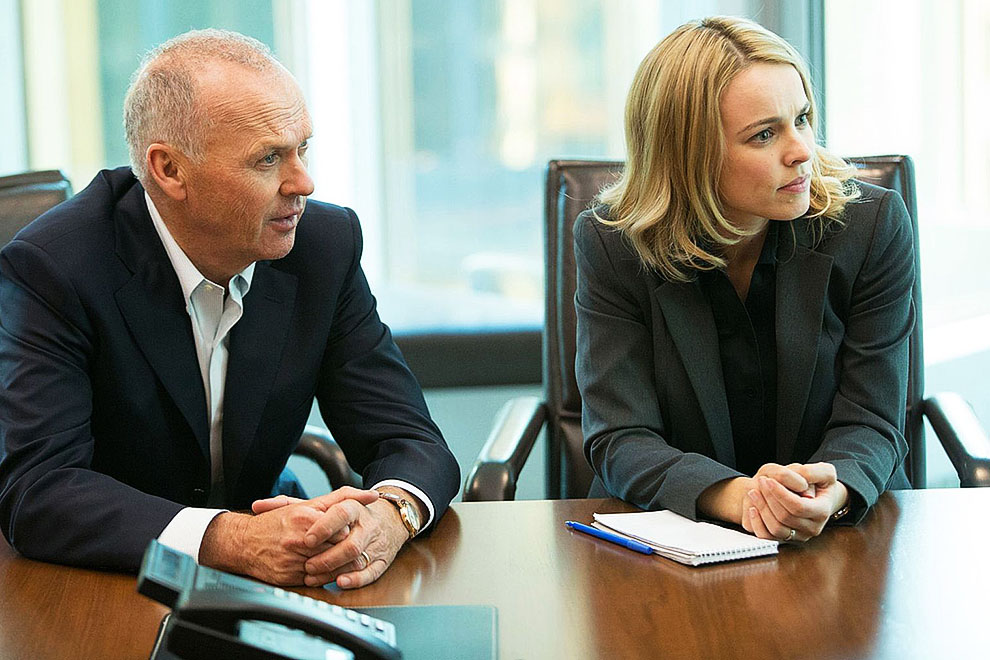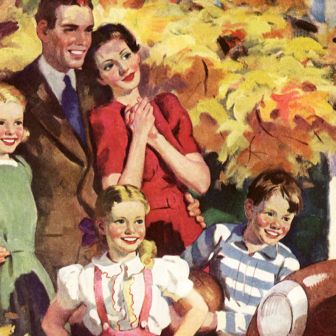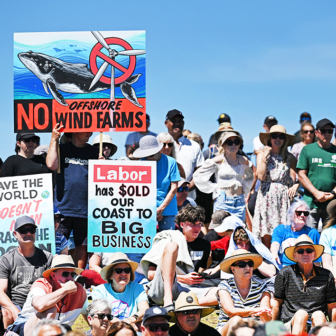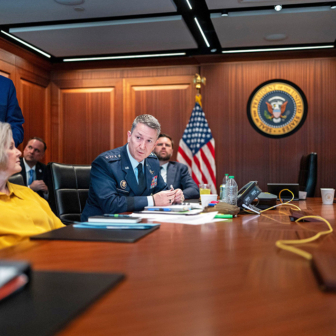A small team of investigative journalists, Spotlight, is working at the Boston Globe in the early years of this century. They are ferreting around, picking up the trails of a major scandal left – as they admit – rather unsatisfactorily dealt with some years earlier. They’re interrupted when the Twin Towers burn and crash on 9/11; but even that apocalyptic catastrophe can’t abort the renewed pursuit. Somewhere under the surface of the closing sequences, there could even be decipherable connections; that possibility is left trailing for the audience. What’s at stake is the necessity of showing the Globe’s readers that the sexual abuse of children by Catholic priests has not, in fact, been a case of “a few bad apples” – the phrase turns up at least twice in the dialogue, spoken by benign priestly persons, wearing their chains and crosses, the regalia of authority – but has been nothing less than endemic.
If the pursuit of the story sounds more than somewhat romantic, that’s because it is. This film invests in the perennial, still irresistible romance of journalism: the lure of getting in close to the action, fighting your way into the middle of the traffic. There’s a sequence in which one of the team, Mike Rezendes (Mark Ruffalo), dodges and dashes past people, along corridors, in and out of swinging doors, in a great rush to get to the files before library closing time. He makes it, only to find that crucial folders have been emptied. In this account, the Church has that kind of power. There is symbolic resonance; with all that frustration along the way, the journalistic pursuit is necessary, and necessarily obsessive. Go back, if you can, to the classic filmic versions; there aren’t so many – Howard Hawks’s His Girl Friday (1940), one which age has not withered for a moment; All the President’s Men (1976), brilliantly written as it was by the real-life protagonists, Woodward and Bernstein; Good Night, and Good Luck (2005), the Edward R. Murrow story, as retrieved by George Clooney and team, possibly to suggest that the ghost of Joe McCarthy could still be hanging around.
Spotlight is in many respects a completely conventional addition to that line-up; it’s a well-structured tale, with clearly interwoven plots and subplots, about the uncovering of evil. There’s the one girl on the team to three blokes, and she is a young and pretty blonde; but Rachel McAdams lifts Sacha’s professionalism, and her personal struggle, well above a decorative role. Like others in the account, she was schooled as a Catholic; as the investigation proceeds, she can’t hang on to her schoolgirl faith, and the process is costly, with her devotion to an unshakably devout grandmother. But “we’re going to tell the story, and we’re going to get it right,” she says, and is shown, briefly but eloquently, having trouble with a cranky dishwasher. Mike’s marriage is offscreen, but we know he’d rather be on the job than at home, and his conscience is under perpetual strain. They and their colleagues win the right to open the records – “the truth is out there” – if at cost all round; and they’re last seen pounding away on their laptops, never to be deterred.
Meanwhile, the technology that frames their professional lives is clearly in flux. We have seen the old-fashioned presses rolling, the streams of newsprint crossing and flowing furiously, the Globe’s huge trucks setting out through the city before dawn. At the same time, the script and fine-tuned, throwaway interchanges show again what time it is; the classified scores are dropping, the new editor – and he’s Jewish, not Catholic – just might shed staff even though the Globe’s figures are well ahead of the local competition. We glimpse the big desktop computers – remember them? The tale of evil uncovered unfolds in changing times, and it is sometimes proposed that the new times’ technologies could make deep-set hypocrisies harder to keep hidden – or could they? When the story begins, the Spotlight team has already been given a full year, in several cases, to carry out investigations and develop the results – for print.
See it twice, and make all the connections you want. They’re real. The end credits most usefully list countries and locations where the Boston story is replicated over and over. There are twenty-two references to priestly corruption in Australia, a country where mainstream journalism on the Globe’s level of courage gets always harder to pursue, and not only because it’s expensive. Spotlight’s director, Tom McCarthy, had a huge production team and a topline cast; but he, and they, also had exactly the kind of courage they attribute to the Globe journalists.
It’s a real question: why dress down a multimillion-dollar feature to make it look like a documentary? That’s the case with Adam McKay’s The Big Short, an essay on the global financial crisis of 2007–08. A group of young Wall Street traders are found cruising around ways to outsmart the system while also exposing its follies. They cross the line (that is, talk to the audience); they are plausible and easy with each other; Christian Bale plays drums in daggy T-shirt and bare feet, and after this nobody can read those elements as cinematic signs of integrity. An extremely sober, bearded Brad Pitt sees through the general fraudulence; but even a slightly older ex-trader, struggling to regain his integrity, isn’t going to save the houses and jobs of several million citizens. This film offers a macabre kind of fun; the problem is the special way in which it stakes a claim on truth. There’s no doubt that there were and are young operators like these; some of them, we’re told in the end-notes, solved things for themselves after the crash by retreating into simple lives in the country (there’s an old mythology there).
The big banks shook themselves, and recovered. The film is swift-moving, and we can enjoy its energy, but note that everywhere, those homeless millions are still floundering for survival. Briefly, we visit a garden where, all of a sudden, there’s an alligator in the swimming pool.
Charles Ferguson’s documentary Inside Job (2010) was a very much better film about the global financial crisis than this one. It probably cost about a quarter as much. •





